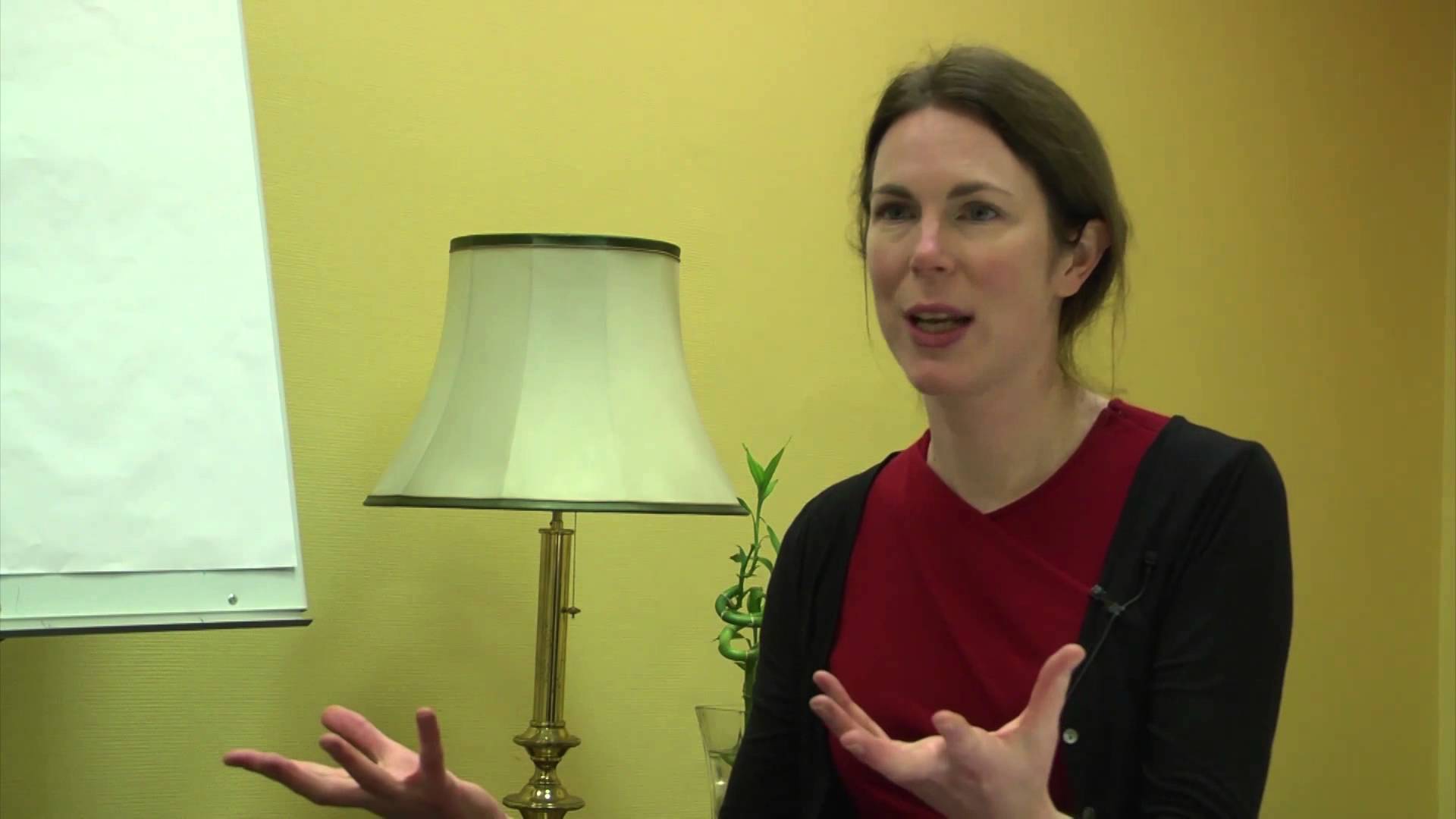“Responsiveness defines the prompt, contingent, and appropriate reactions parents display to their children in the context of everyday exchanges.”
Bornstein, Tamis-LeMonda, Hahn, & Haynes, 2008
Talking about what has caught your baby’s attention
Babies learn to talk in interaction with their caregivers. When they are still young, they rely on parents talking to them about things they are already looking at or otherwise engaged with in order to learn the words for them. For example, imagine a little boy is looking at the washing machine. If his parent says ‘washing machine’ while he is looking at it, there is a good chance he’d start to learn this word. But, if, while he is looking at the washing machine, his parent is preparing lunch and talking about that, there is less chance he’d learn the words for lunch foods, since he is not looking at them. Research has shown that the more parents talk to their babies about things that have already caught their attention, the larger the child’s vocabulary will be in the future.
So, how can you tell what your baby is focusing on?
Babies have lots and lots ways of showing that something has captured their attention. You can usually tell that a baby is interested in something if….
They are looking at it, they are playing with it, touching it or moving it around
Sometimes, they may point at an object or try to show or give it to you
Or, they may babble or shout or laugh about the object
Often, when you notice your child doing one of these things you talk to them about what has captured their interest. This is a great way to help them to learn to talk. By noticing what your baby is focusing on and talking to them about it, you increase the chances that they will be able to pick up on new words.
For further information
Bornstein, M.H., Tamis-LeMonda, C.S., Hahn, C.S., & Haynes, M. (2008). Maternal responsiveness to young children at three ages: Longitudinal analysis of a multidimensional, modular, and specific parenting construct. Developmental Psychology, 44(3), 867-874.
McGillion, M.L., Herber, J.S., Pine, J.M., Keren-Portnoy, T., Vihman, M. & Matthews, D. (2013) IEEE Transactions on Autonomous Mental Development 5(3), 240-248.
Topping, K., Dekhinet, R. & Zeedy, S. (2012). Parent–infant interaction and children’s language development. Educational Psychology, 1–36.

